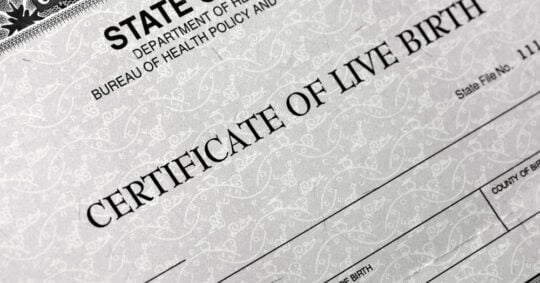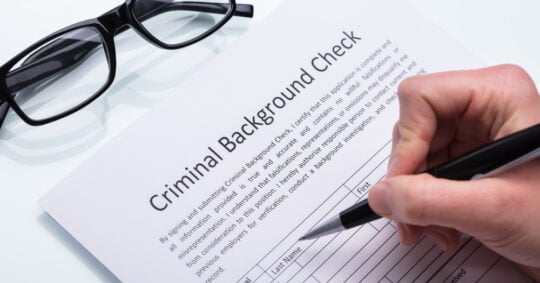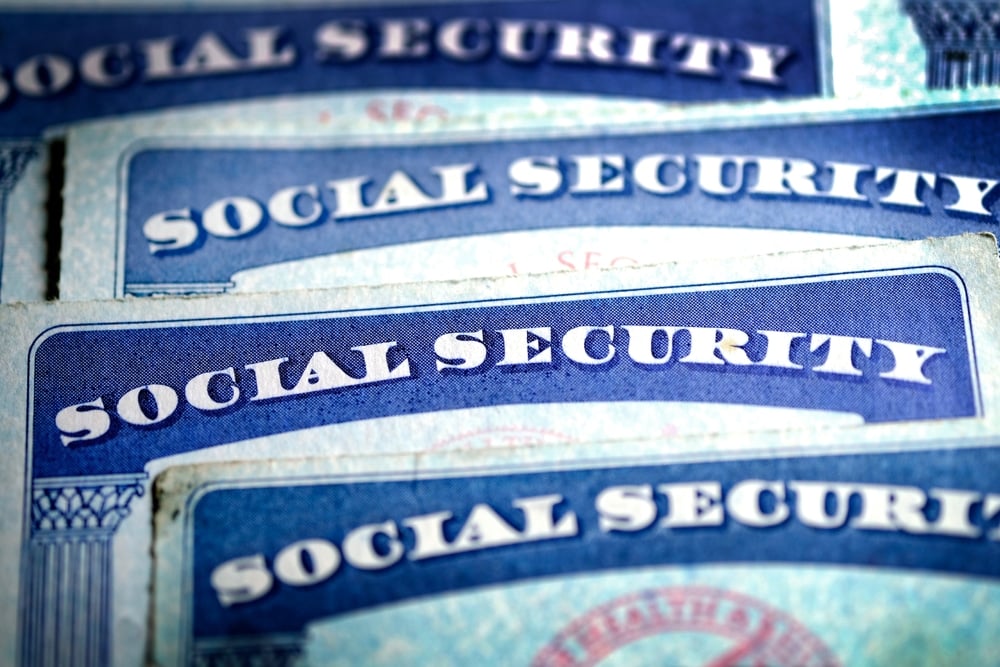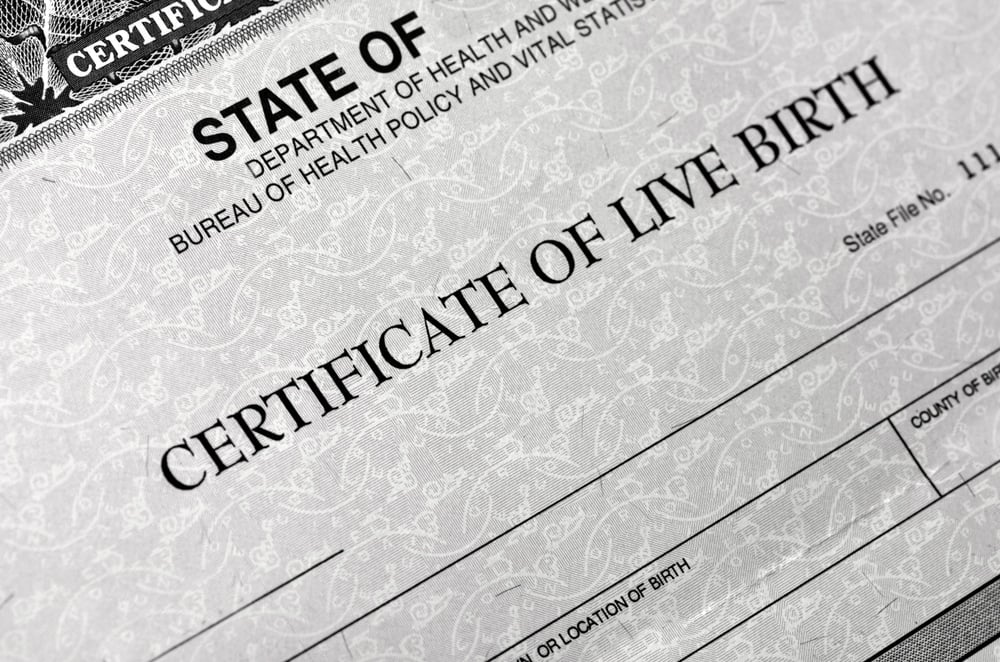What Do Employers Look for in a Background Check?
Cindy Ellis - September 5, 2022
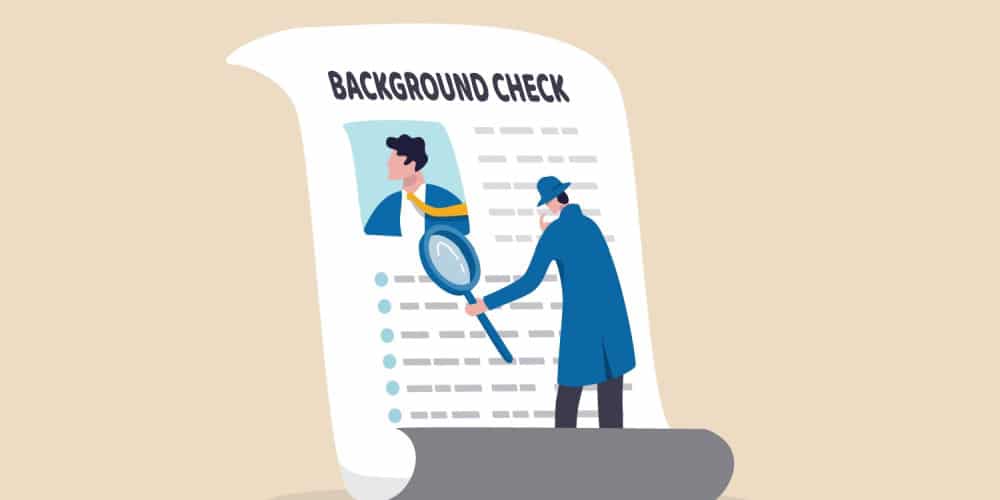
Background checks are often an essential part of the hiring process. Still, they can be nerve-wracking to the individuals submitting them, especially if you aren’t sure what your potential employer is looking for. Fortunately, we’re here to help you put your worries about employment background checks to rest.
This article will discuss what employers are looking for in a background check and why background checks are often essential to the hiring process. We will also detail what employers can’t ask for and offer advice on how to prepare yourself for an employment background check.
Why Employers Perform Background Checks
Employers perform background checks for several reasons, all of which involve ensuring that the candidates they are considering are eligible for the job, able to perform all aspects of their duties once employed, and preventing bad hires that put workplace safety in danger. Background checks are also used to verify the honesty of potential employees and double-check their information for accuracy.
Employment background checks ensure that candidates:
- Are truthful about their credentials, education, workplace experience, or professional qualifications. This helps to hire more competent and reliable candidates.
- Adhere to workplace safety. Employers want to ensure that the candidates they hire are not dangerous to other employees and will not jeopardize the overall safety and comfort of the workplace.
- Are suitable for the company’s environment. This includes verifying their public presence and any claimed accomplishments along with checking references to ensure the person is who they claim to be and are suitable for the job.
Background checks for candidates are especially common in professions requiring security clearances, positions with the government, or jobs involving operating heavy machinery, driving, working with children, or working in healthcare, as properly qualified candidates are essential in all these professions.
How Is an Employment Background Check Performed?
How your employment background check is performed depends on your employer and their preferences. Your employer may want to utilize a third-party source to complete the background check, or they will set about conducting the background check themselves. Once you progress through the hiring process with an employer, you will receive more information on whether or not a background check is required and how it will be conducted.
It is important to know that while a job offer can be contingent on passing a background check, an employer cannot perform one without your prior written consent.
What Employers Are Looking for in a Background Check
Employers will examine many different factors when they review your background check. The information included can be extensive, but it aims to give employers a good idea of how suitable you are as a candidate and prevent an individual who isn’t eligible for that career from being hired.
Additionally, you should note that most states have laws where employers must inform you which items they will examine specifically. So they may look at all of the items below or only a few, depending on the job you are applying for and the company’s specific pre-employment checks.
Below, we discuss what employers will look for in a background check.
Criminal Records
One of the most commonly viewed items in a background check is your criminal record. Any record of arrests, convictions, felonies, or misdemeanors will show up and be visible to employers. And depending on specific state laws, employers may also be able to see pending, acquitted, or dismissed charges.
Civil Records
Civil records include items such as misconduct and outstanding records as it applies to lawsuits. Bench warrants (issued after failing to appear in court) may be considered civil records, and so is information about lawsuits or small claims court records.
Identity Verification
Identity verification is another essential item on a background check that your potential employer will double-check. The identity verification process includes confirming the address listed on your application, addresses of former workplaces, and social security number verification.
Employment History Verification
Employment history is a vital part of your resume, and employers will review this information when considering offering you a job. Once you receive a potential job offer or progress through the hiring process, your employer will use a background check to verify your employment history. This may include contacting previous employers, double-checking the addresses of workplaces with what you listed, and verifying your job duties.
Social Media Records
Occasionally, employers will evaluate your social media records as part of the background check process. They will check to make sure any social media profiles present a professional image that can be suitable for the company’s overall vision. However, you should note that state-specific laws regulate what employers can evaluate when it comes to social media profiles and what they are allowed to do with the information they learn.
Reference Verification
Reference verifications are performed as part of your background check to ensure that you are who you say you are. While most reference verifications are not returned as part of your overall background check report, your employer will likely contact previous employers, professional references, or listed family and friends to evaluate your suitability as an employee. This check is typically performed while waiting on the results of the background check.
Driving Records
Driving records are an important part of a background check, especially if you are applying for a job that involves driving trucks and cars or operating heavy machinery. Employers will look for evidence of accidents, DUIs, and driving misdemeanors or felonies to determine if you are eligible for the job.
You should remember that even if you have a DUI on your record, you may not be totally excluded from ever obtaining a career involving driving. Several state laws and regulations help to govern when it is safe or suitable to hire an individual with marks on their record for a job that involves driving or machinery operation. Research your state’s employment and driving record laws to learn more about this.
Credit Reports
Credit reports are often accessed as part of a background check when applying for a job that works with finance or money. Employers are less likely to hire someone for a job that works directly with loans, finance, or banking if they have a history of poor credit, unpaid loans or debt, or bankruptcies.
Education and Qualifications Verification
Employers will double-check your education and professional qualifications as part of a background check. This is especially important if you are applying for a position requiring an advanced degree or specific knowledge, such as healthcare, child care, education, and engineering. Your background check will show a record of your education history and can also tell employers when you achieved certain professional qualifications.
Information That Employers Are Not Allowed To Access

While it may seem that employers can access a large amount of information about you, there are certain records and detailed information items that employers are not allowed to access or ask about.
In most cases, basing hiring decisions on the information below leads to questions of discrimination and potential lawsuits.
Health and Medical Records
Due to doctor-patient confidentiality and HIPAA privacy laws, health and medical records are sealed and not allowed to be accessed by anyone except the patient, their medical providers, and any authorized individual the patient approves of. Your employer will not be able to access these records, and making an employment decision based on your health or medical information is illegal.
Detailed Criminal History
While employers can access certain criminal information as part of a background check, such as any arrests, convictions or cases, they cannot see detailed criminal history. Additionally, many states set a time period for how far back criminal records can be accessed. Most of the time, it is seven years, but different jurisdictions may have varying rules.
Political Affiliation
Your political affiliation information does not turn up on background checks, but your employer may notice this information if you have it on your social media. However, employers cannot make employment decisions based on this information if they learn it. So if you suspect you have been denied a job because of this, speak to an employment lawyer.
Personal Identifying Information
Any personal identifying information about you, such as your gender, sexual orientation, ethnicity, disabilities, or even your marital status, is not allowed to be asked by your employer as part of the background check or hiring process.
Your employer is not allowed to use this information to make a hiring decision. If you are asked about any of these items, you should document the instances in writing, as it is illegal for employers to question you.
FAQs
Below are some commonly asked questions you may have about an upcoming background check.
What Happens if I Fail a Background Check?
If you happen to fail the background check that your employer requested, you will be informed in writing. If your job offer was contingent on passing a background check, it might be revoked. If you feel your employer made a mistake, you will be able to review the explanation of why you failed the background check and may want to consider setting up a meeting with your potential employer to discuss it.
However, many states have specific laws surrounding background checks and employment rights, and you should be fully informed of these before speaking with your employer. A legal professional specializing in employment law may be able to help you out, or you can look up your state’s employment laws and background check regulations yourself.
Are Drug Tests Required as a Part of a Background Check?
Depending on your potential employer and the job you are applying for, you may also be required to take a drug test. This most commonly happens when you apply for a job that involves security, driving or operating machinery, or vulnerable populations, such as children and the elderly. You should speak with your employer directly to determine if drug testing is required as part of a pre-employment screening process.
Preparing for Your Pre-employment Background Check
Background checks required by employers can be stressful, but you shouldn’t spend too much time worrying about this basic step in the hiring process. Many employers want to ensure that the candidates they are offering the job to are qualified and fit to perform the duties assigned to them to avoid problems.
If you want to take extra steps to prepare for your background check, you can use the tools at Information.com to run a background check on yourself to see what is included in your report. This will help you understand what your employer might see and allow you to be upfront with your employer as you apply for jobs. You may also want to take steps to assess your social media and general online presence and ensure that it is suitable for an employer to check if they happen to look.
Above all, don’t panic about your background check; most individuals pass this step easily. And even if some items on your background check raise concerns, plenty of laws are in place that help prevent discriminatory hiring practices and ensure you have the best chances of getting hired in a career field of your choice.
